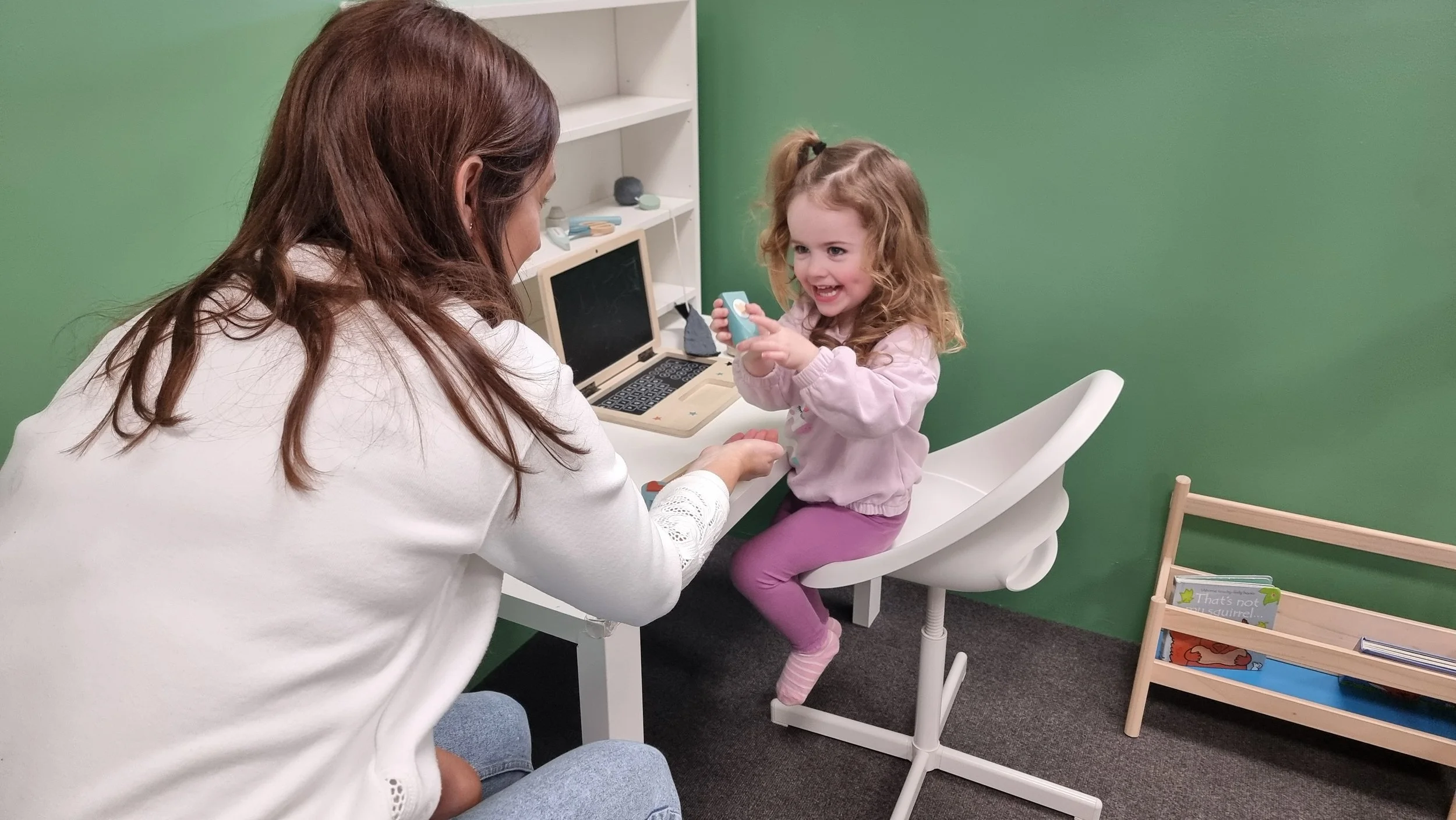What is Imaginative Play (Role Play) and why is it important?
What is Imaginative Play?
“Imaginative play (also known as pretend or make-believe play) can seem hard to define, but it’s one of those things that you know when you when you see it! That’s because imaginative play has unique qualities that make it stand out when you watch your child engage in it. These include:
Your child uses fantasy and make-believe, drawing on their rich young imagination.
It’s self-generated and creative and your child will appear to make up games and activities out of nowhere.
They may use objects to represent other objects (known as symbolism or transformation of objects).
It is open-ended, and importantly, imaginative play is self-directed where children have autonomy.
Your child becomes completely immersed and seems to lose themselves in play as they engage in activities that involve their whole body, thoughts, and emotions. In fact, your child may be so deeply immersed that they lose track of time.”
Source: Learningresources.co.uk
What are the benefits of imaginative play?
“Effective role play gives children the opportunity to try out risky ideas in a safe environment. It allows them to explore boundaries, make sense of the world and develop their own identities. Through pretend play, children are learning to understand the basic principles of society and how it functions, and the important rules and routines of everyday life. Imaginative play is vital because it allows children to revisit familiar and unfamiliar events, whilst also supporting the development of their imagination, through real and familiar, to complete fantasy.”
Role play gives children the opportunity to:
Develop confidence and self-esteem
Show initiative
Express their personality
Develop communication and language skills
Cultivate friendships
Investigate real life situations
Learn cooperation and develop teamwork skills
Use their imagination
Express themselves freely
Develop decision making skills
Source: EarlyYearsResources.co.uk
Role Play Centre vs Soft Play Centre
We believe both these types of play are important and each have a different role.
Compared to typical soft play centres we:
Are more educational - the benefits of imaginative play to the development of children as described above.
Strive to be cleaner - We clean and tidy in between sessions and do regular deep cleans!
Are smaller which makes children more visible and easier to supervise
Are suitable for all ages but also for babies and toddlers who might not be ready for the physical challenges of soft play
Also have a sensory room! Although many soft plays offer this too which is fantastic!
There’s definitely space for both types of play!



